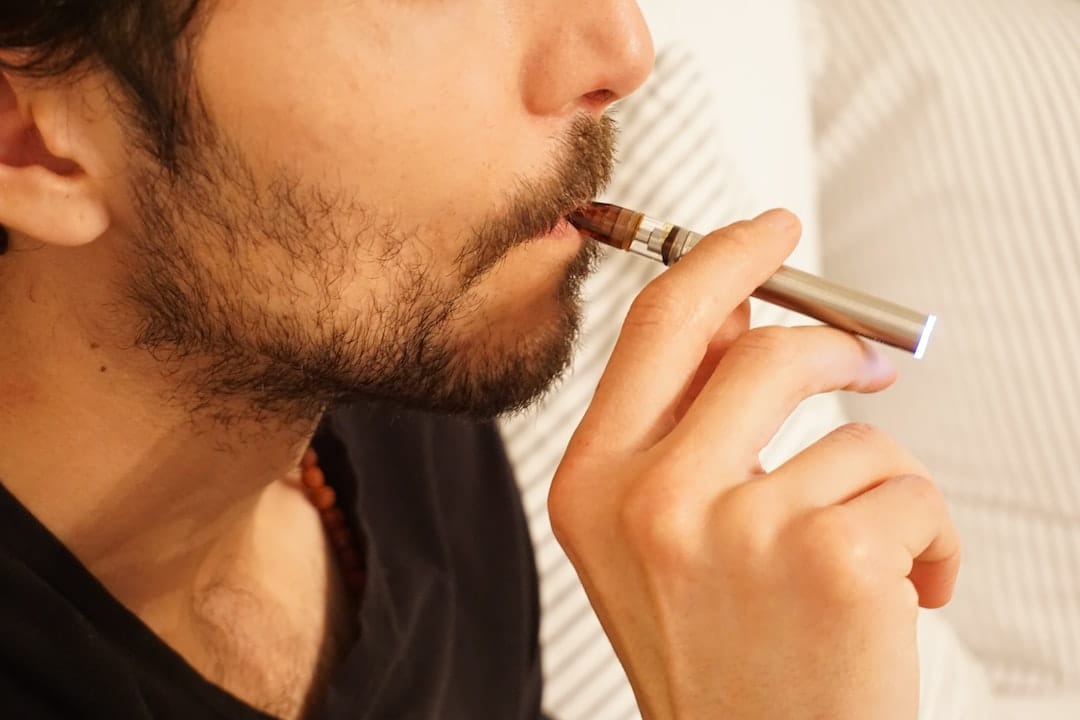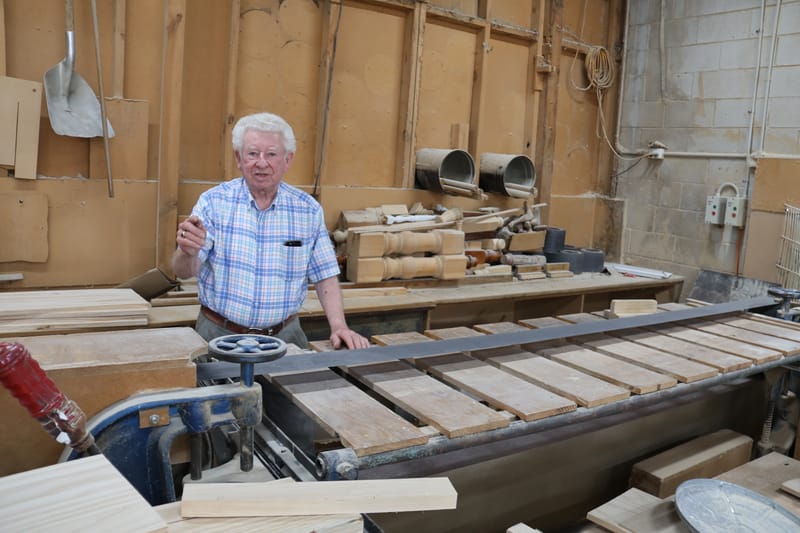Vaping information session held
by Alyssa FritzlaffThe dangers of vaping was the focus of an online community information session held as part of the recent YouthFest program. "Clearing the Air" was hosted by holistic counsellor and social worker Azelene Williams, who regularly...






